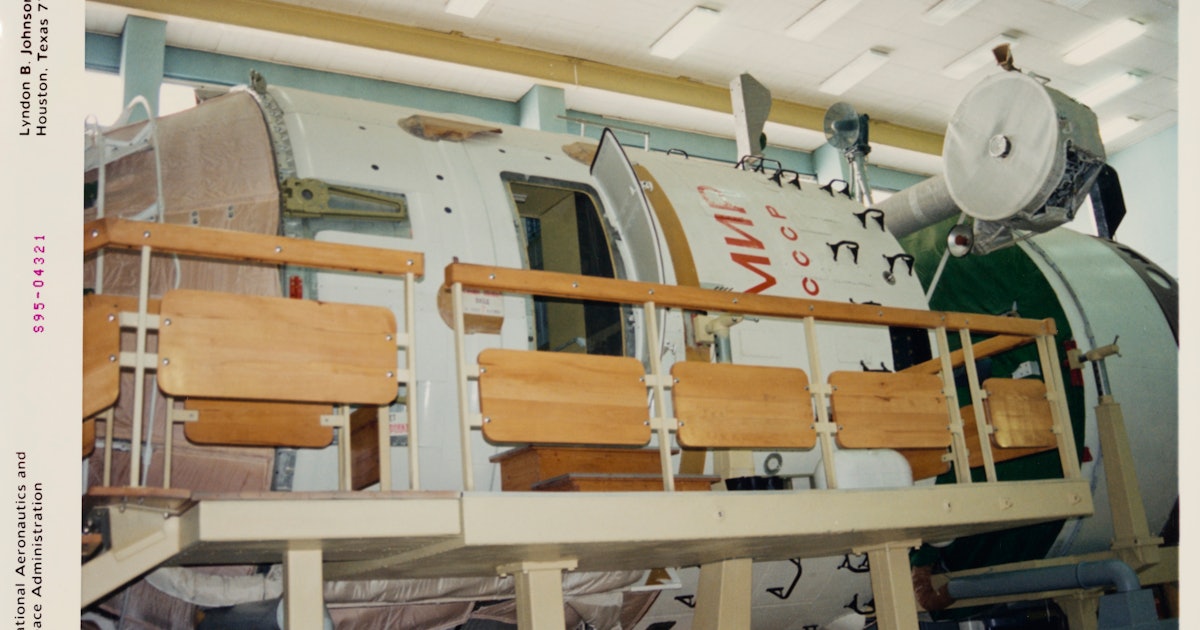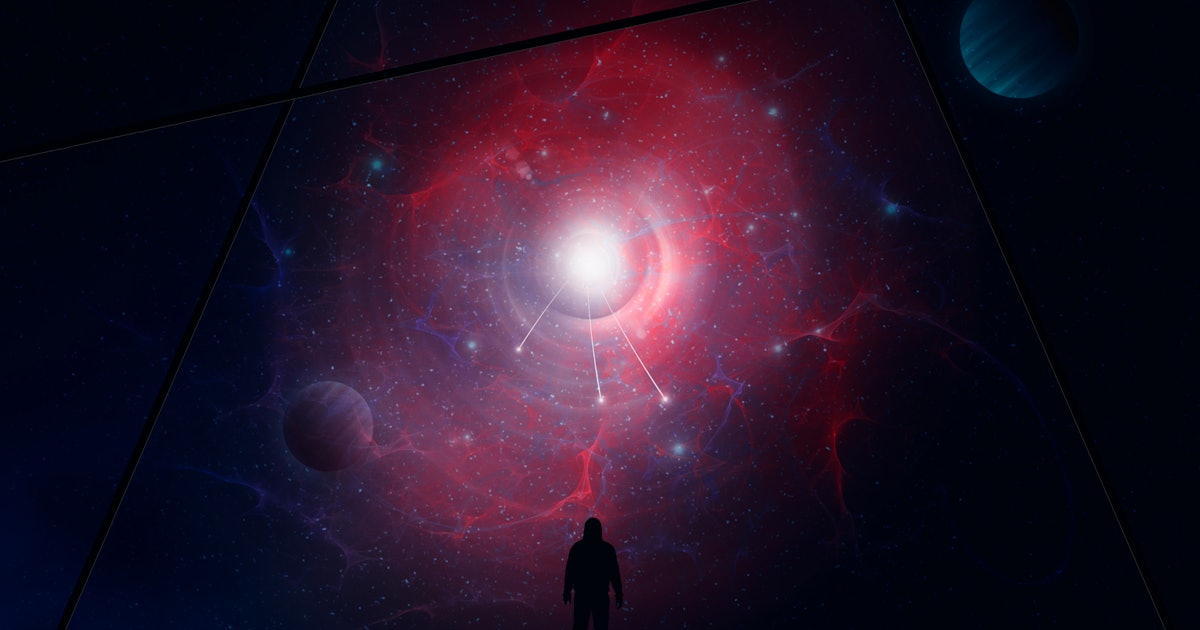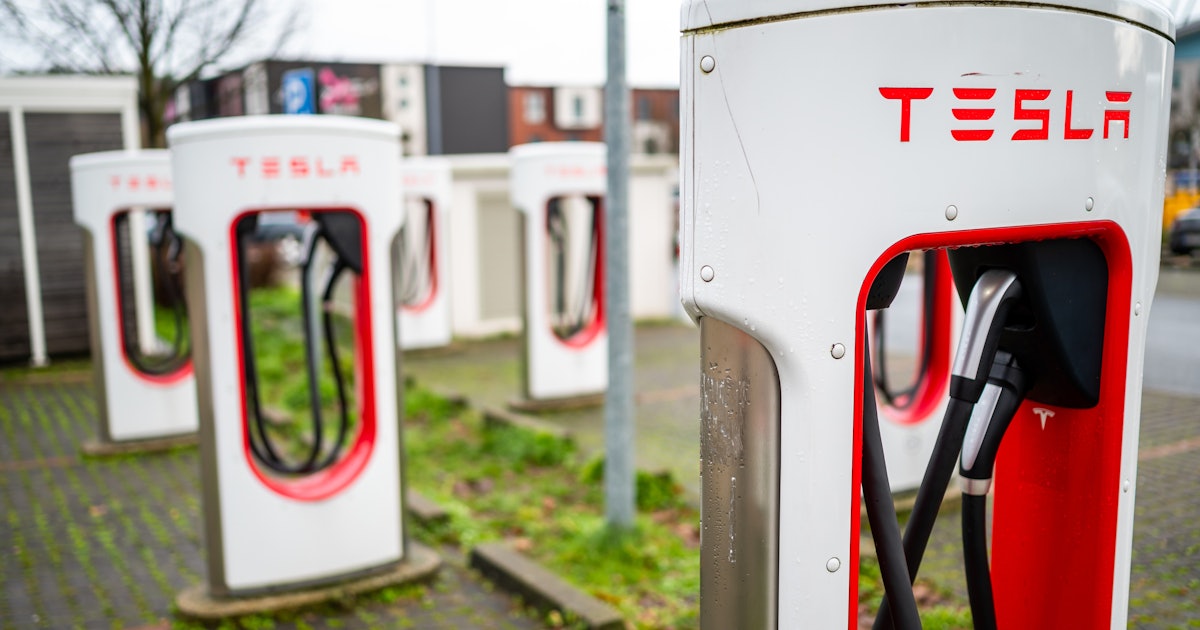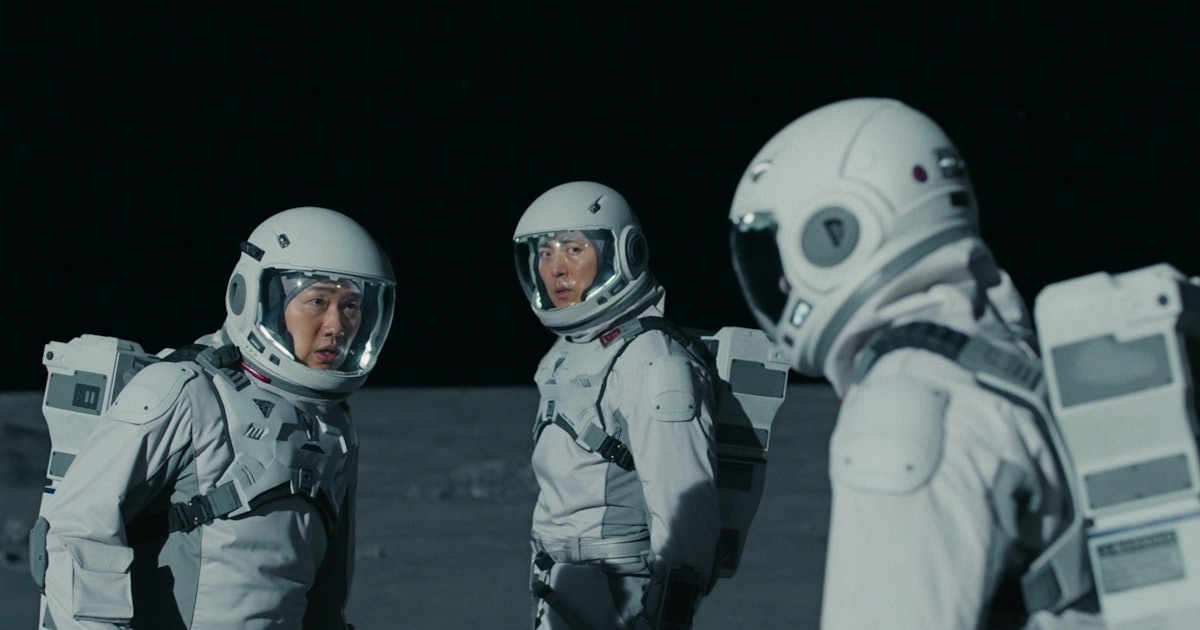Inverse - 🛰 Space debris ruins our future
Older messages
📺 When and where does 'Boba Fett' take place?
Tuesday, January 11, 2022
The messy Star Wars canon, explained.
🐬 Scientists discover a strange similarity between dolphins and humans
Tuesday, January 11, 2022
Plus: An asteroid is coming for Earth — but don't grab a helmet yet.
🪐 The James Webb Space Telescope could be the key to life in space
Monday, January 10, 2022
Plus: What made the Milky Way? Scientists think they have an answer.
🧠 Let’s talk about panic attacks
Sunday, January 9, 2022
Take a deep breath and settle in.
🍿 What happens after someone else makes your movie first?
Sunday, January 9, 2022
Plus: 50 years ago, Richard Nixon made a radical decision that changed NASA forever
You Might Also Like
FW: Less browsing, more buying
Wednesday, March 19, 2025
Join us on March 20th. Hi there, St. Patrick's Day may be over, but there's still time to strike gold in content strategy! 🌟 Join us this Thursday, March 20th to learn how to craft seamless,
Mya Gelber’s Latest Hunt and a Snoafer Primer
Wednesday, March 19, 2025
Plus some Madewell tees on sale. The Strategist Every product is independently selected by editors. If you buy something through our links, New York may earn an affiliate commission. March 18, 2025 So
Columbia University Must Choose Between Courage and Cowardice
Tuesday, March 18, 2025
March 18, 2025 THE CITY POLITIC Columbia University Must Choose Between Courage and Cowardice By Errol Louis The Alma Mater statue at Columbia University. Photo: Spencer Platt/Getty Images The leaders
What A Day: Let's Fake a Deal
Tuesday, March 18, 2025
Is Vladimir Putin really interested in a ceasefire, or is he just having a good time mocking Donald Trump? ͏ ͏ ͏ ͏ ͏ ͏ ͏ ͏ ͏ ͏ ͏ ͏ ͏ ͏ ͏ ͏ ͏ ͏ ͏ ͏ ͏ ͏ ͏ ͏ ͏ ͏ ͏ ͏ ͏ ͏ ͏ ͏ ͏ ͏ ͏ ͏ ͏ ͏ ͏ ͏ ͏ ͏ ͏ ͏ ͏ ͏ ͏
The Arkansas media mogul you've never heard of
Tuesday, March 18, 2025
PLUS: The Creator Economy is finding new models to fund investigative journalism. ͏ ͏ ͏ ͏ ͏ ͏ ͏ ͏ ͏ ͏ ͏ ͏ ͏ ͏ ͏ ͏ ͏ ͏ ͏ ͏ ͏ ͏ ͏ ͏ ͏ ͏ ͏ ͏ ͏ ͏ ͏ ͏ ͏ ͏ ͏ ͏ ͏ ͏ ͏ ͏ ͏ ͏ ͏ ͏ ͏ ͏ ͏ ͏ ͏ ͏ ͏ ͏ ͏ ͏ ͏ ͏ ͏ ͏ ͏ ͏
How to be self aware (at least a little bit)
Tuesday, March 18, 2025
Really just a spot to start. ͏ ͏ ͏ ͏ ͏ ͏ ͏ ͏ ͏ ͏ ͏ ͏ ͏ ͏ ͏ ͏ ͏ ͏ ͏ ͏ ͏ ͏ ͏ ͏ ͏ ͏ ͏ ͏ ͏ ͏ ͏ ͏ ͏ ͏ ͏ ͏ ͏ ͏ ͏ ͏ ͏ ͏ ͏ ͏ ͏ ͏ ͏ ͏ ͏ ͏ ͏ ͏ ͏ ͏ ͏ ͏ ͏ ͏ ͏ ͏ ͏ ͏ ͏ ͏ ͏ ͏ ͏ ͏ ͏ ͏ ͏ ͏ ͏ ͏ ͏ ͏ ͏ ͏ ͏ ͏ ͏ ͏ ͏ ͏ ͏ ͏
587911 is your Substack verification code
Tuesday, March 18, 2025
Here's your verification code to sign in to Substack: 587911 This code will only be valid for the next 10 minutes. If the code does not work, you can use this login verification link: Verify email
773133 is your Substack verification code
Tuesday, March 18, 2025
Here's your verification code to sign in to Substack: 773133 This code will only be valid for the next 10 minutes. If the code does not work, you can use this login verification link: Verify email
348541 is your Substack verification code
Tuesday, March 18, 2025
Here's your verification code to sign in to Substack: 348541 This code will only be valid for the next 10 minutes. If the code does not work, you can use this login verification link: Verify email
Pacific Science Center tries to survive | Flexport sues Seattle startup Freightmate
Tuesday, March 18, 2025
Satya Nadella uses AI to consume podcasts | UW's CoMotion relaunches fintech incubator ADVERTISEMENT GeekWire SPONSOR MESSAGE: Revisit defining moments, explore new challenges, and get a glimpse







